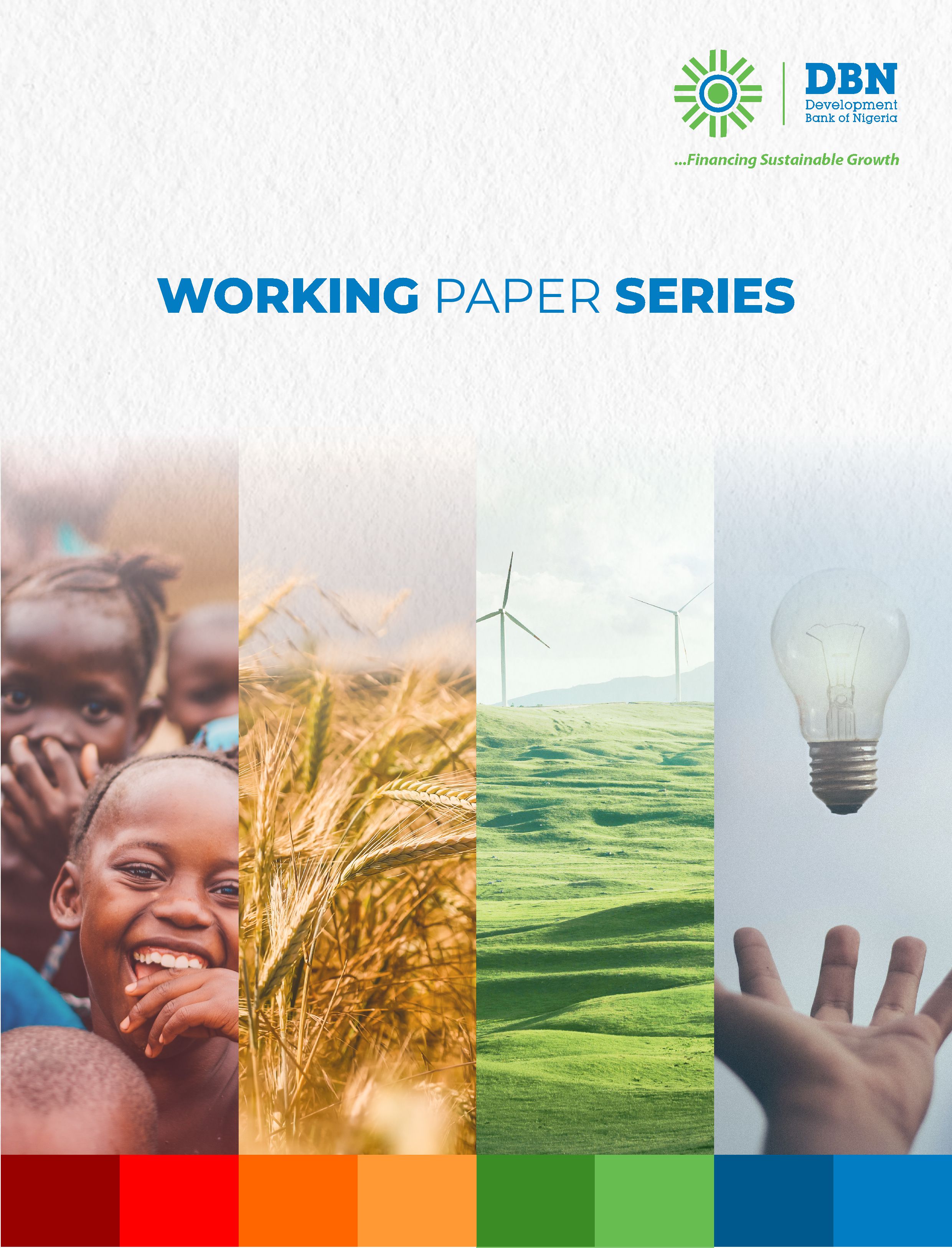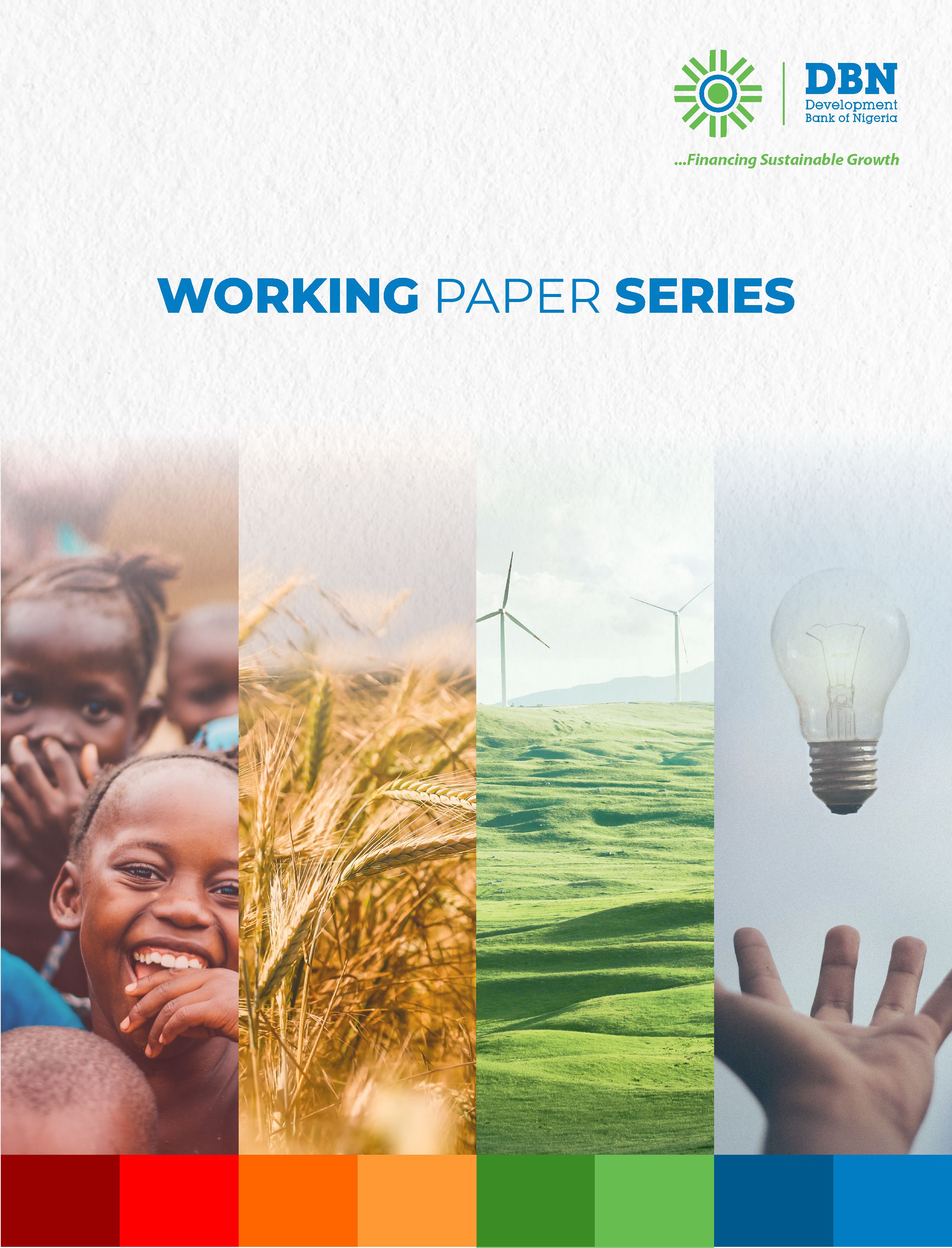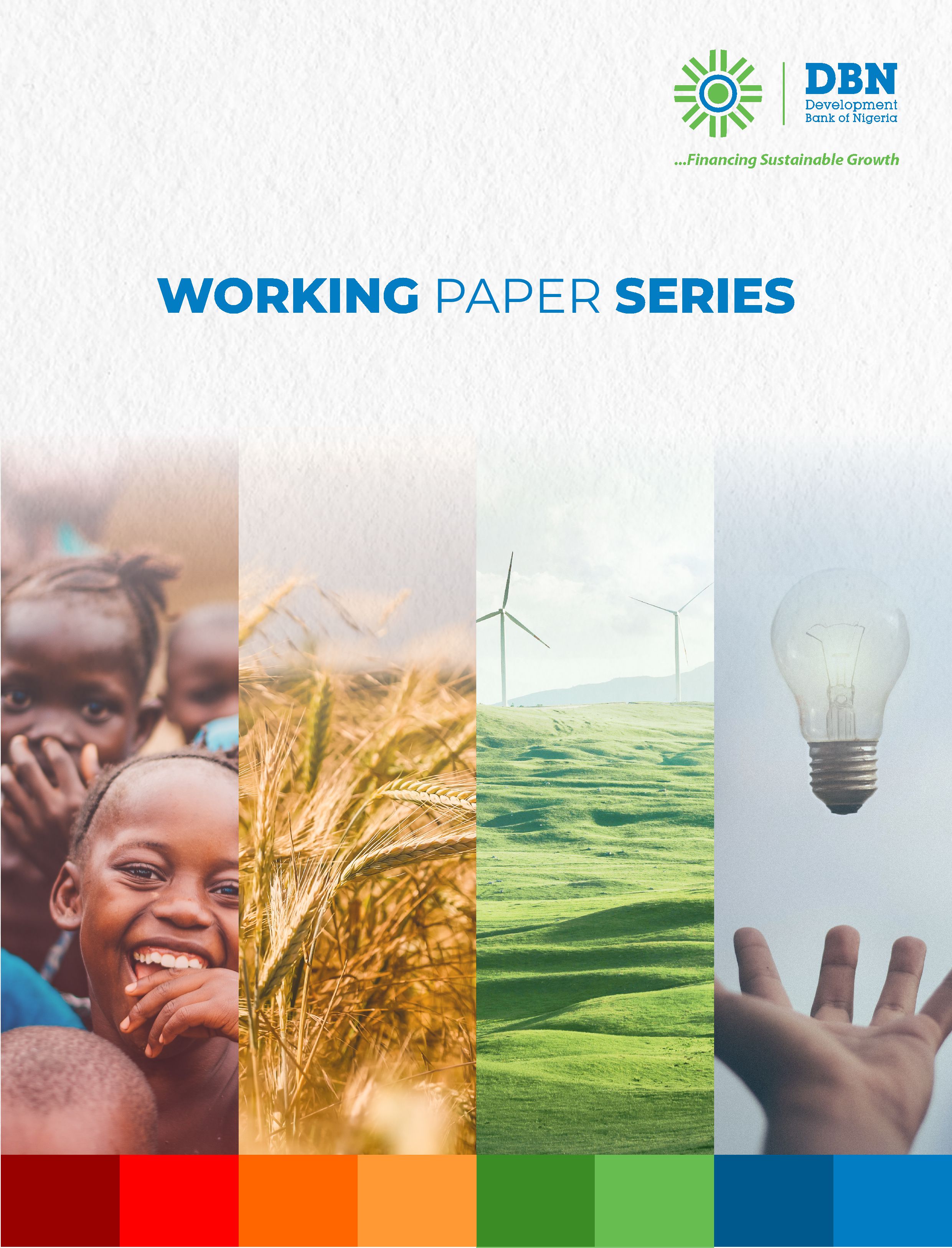
Publication Information
Published by: Admin
Published: 1 year ago
View: 346
Pages: 32
ISBN:
Abstract
The study assesses the role of governance in modulating the effect of oil wealth on wealth inequality in 45 countries in the world. The empirical evidence is based on Pooled Ordinary Least Squares and the Generalised Method of Moments. The findings show that oil rents unconditionally increase wealth inequality while govenance dyanmics (in terms of rule of law, corruption-control, government effectiveness, regulatory quality) moderate oil rents for an overall net negative effect on wealth inequality. Good governance thresholds at which the unconditional effect of oil rents on the wealth inequality changes from positive to negative are computed and discussed. It follows that while governance is a necessary condition for improving the redistributive effects of oil wealth, it becomes a sufficient condition for net positive improvements in wealth distribution only when some critical levels of good governance have been reached. Other policy implications are discussed.
Sosson Tadadjeu Mr
Henri Njangang Mr
Yann Nounamo Mr
Brice Kamguia
Simplice A. Asongu Prof
Related Publications

VOLUME 7 ISSUE 4 2024
Governance in mitigating the effect of oil wealth on wealth inequality: a cross-country analysis of policy thresholds


VOLUME 7 ISSUE 4 2024
Remittances, Natural Resource Rent and Economic Growth in Sub-Saharan Africa
